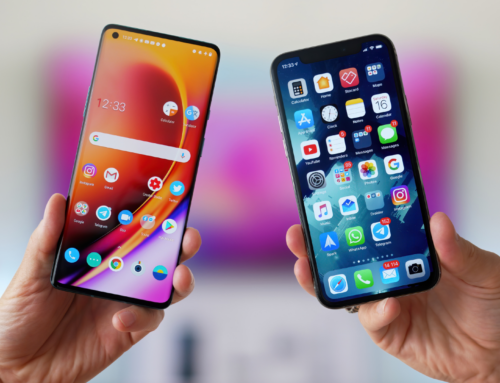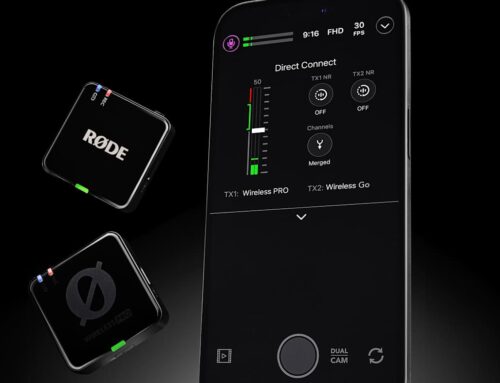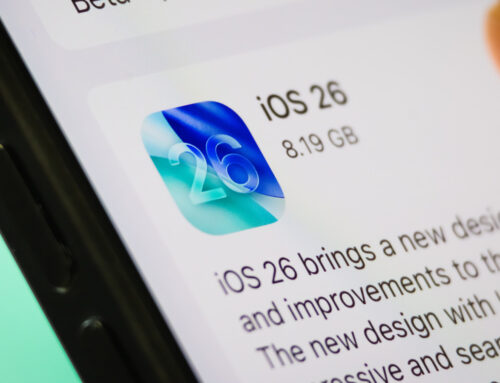Poetra.RH/Shutterstock
For several years, Apple has regularly released adoption rate reports for the latest versions of iOS and iPadOS. The primary purpose of these reports is to track the percentage of iPhone and iPad users that update to the latest versions of Apple’s operating systems. Apple collects this data using devices that access the company’s iOS and iPadOS App Stores and publishes a yearly report on a dedicated web page on Apple’s Developer portal. While this annual exercise is mainly intended for developers, Apple has had a history of using the same data to tout one of the biggest advantages of iOS and iPadOS over Android — the significantly higher adoption rates for newer software versions that Apple devices possess over devices running Android.
Due to Apple’s closed, tightly controlled ecosystem, it is easier (and faster) for Apple to release updates for all devices in one go. This has also led to iOS (and iPadOS) devices typically having a higher adoption rate of the latest operating system than Android devices. In contrast, the sheer number of players in the Android ecosystem, the variety of devices, and the different forks of Android options to worry about typically mean that updates take a lot longer to reach Android devices. On February 16, 2023, Apple published its most recent adoption rate report — the first such report since the release of iOS 16 and iPadOS 16 — giving us valuable insights into the popularity and adoption of new iOS and iPadOS updates.
iOS 16 is outpacing iOS 15 adoption rates
Mr.Mikla/Shutterstock
Apple’s adoption rate reports also provide a comparison to previous years’ adoption rates, allowing users and developers to see how quickly users are adopting the latest updates. A key takeaway from Apple’s latest OS adoption rate report is that users are updating to iOS 16 much faster than they did to iOS 15. However, it is also important to note that Apple’s latest adoption report came almost a month late (compared to the previous year).
According to the newest report, 81% of all Apple iPhones launched in the last four years already run iOS 16. If one considers older iPhones, the percentage falls to an impressive 72%. The numbers are not as spectacular on the iPad side of things, with only 53% of iPads launched in the last four years using iPadOS 16. If one accounts for older iPads as well, the number falls to 50%.
While Google used to have a dashboard for Android, starting in 2020, it stopped making these numbers public, hiding them within Android Studio — the company’s development suite. Given Android’s poor performance regarding adoption numbers and Apple’s propensity to use these numbers against Google, the move did not entirely come as a surprise. As of January 2023, figures from Android Studio reveal that only 5% of Android devices run Android 13 — even six months after the OS was released.







